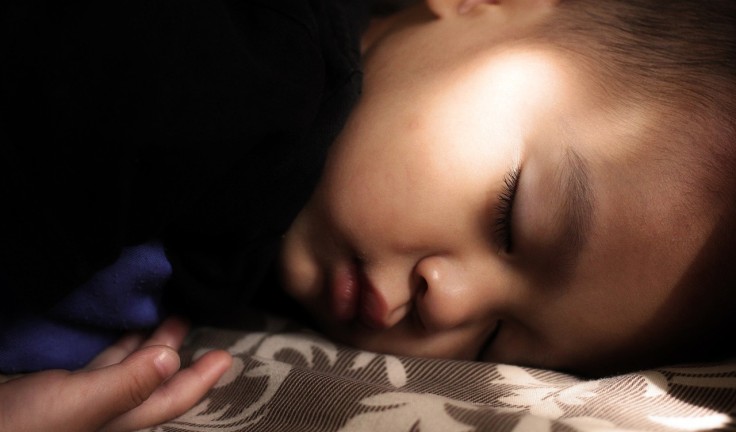
Nightmares in children are normal and are not preventable. This seems to peak during the preschool stage when the fear of the dark is common. Toddlers can have pleasant and scary dreams; thus, parents must be reminded that nightmares do not only happen to adults but also to children, especially those below the age of ten.
Even toddlers may speak about having dreams, both pleasant and scary. Children can sometimes narrate their bad dreams in detail depending on their language ability, per Raising Children. Nightmares usually occur in the second half of the night when the child sleeps lightly. Many children might find it hard to get back to sleep after experiencing a nightmare.
Nightmares cause them to wake up feeling terrified and upset. Usually, children's nightmares include realistic dangers such as sharks or spiders, imaginary fears like monsters, and unfortunate events they have witnessed or experienced.
The exact cause of the nightmare is still not known. However, it usually happens when children are exhausted or experiencing stress. Mostly, kids who have experienced traumatic events may have frequent nightmares. Some medications may also cause disturbing bad dreams in children.
Dealing with nightmares and bad dreams
Dr. Martha Pott, a senior lecturer at the Eliot-Pearson Department of Child Study and Human Development at Tufts University, says parents should only be concerned when nightmares or bad dreams occur very frequent or if the same disturbing dream happens over and over as it might indicate a certain stressful event or time for the child.
Dr. Melisa Moore, a clinical psychologist at the Children's Hospital of Philadelphia Sleep Center, suggests parents comfort children when they wake up and sob. Also, avoid focusing too much on the nightmare itself, as it can lead to more anxiety in children. Instead, remind your child that they are safe and soothe them back to sleep. When the time feels appropriate, parents can ask children about the nightmare and help them sort through their worries.
However, experts suggest not waking toddlers during a night terror as it can leave them disoriented and interfere with their sleep. Moore recommends intervening as little as possible and avoiding more disruptions in sleep as it can eventually lead to more sleep terrors. "It's best to let a sleep terror run its course," Moore added.
Instead, stay by your kid and ensure they don't hurt themselves while having their bad dream, The Bump says.
Avoiding nightmares and bad dreams in children
Some nightmares in children happen due to stress or dealing with specific changes. Events that might feel unsettling, such as attending a new school and family tensions, might be reflected in their dreams.
As kids have a vivid imagination, they sometimes turn such into negative dreams, and the magical powers that can save them are love and protection from their parents. It is usual for parents to feel annoyed when their child suddenly cries in the middle of the night, but no one will understand kids but only parents. Thus, reassure them by telling them you can make certain monsters disappear.
Kids Health suggests putting on a nightlight to help kids feel safe in a darkened room. A bedside flashlight can also serve as a good nightmare-chaser.
Related Article : New Mom Nightmares: Meaning of Most Common Nightmares and Why It Happens